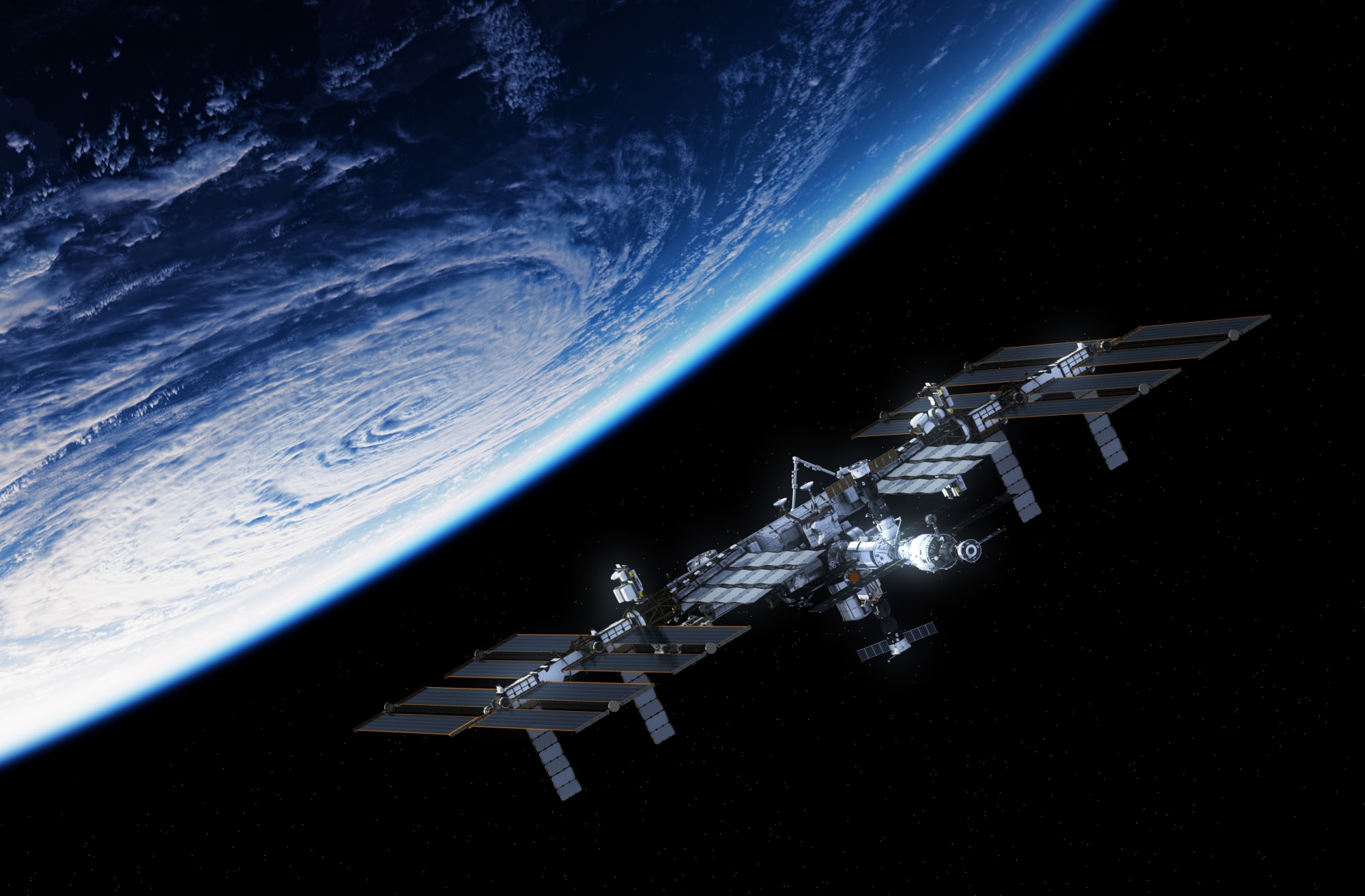 Plans to privatize the ISS made headlines earlier this year when NASA revealed The White House intended to pull the plug on federal finances in 2025. This isn't the first time privatization murmurs have surfaced for the space station, but a recent NASA audit suggests a conversion to private operation may not be feasible. According to NASA forecasts, there are two main options the ISS could take to stay afloat pending a lack of federal funding. The first proposition involves larger private sector investment, and the agency readily acknowledges it's already taken baby steps to increase commercialization. Its partnership with Bigelow Corporation, for example, could help develop tech for future commercial business, and alliances with Orbital ATK, Boeing and SpaceX, which collectively cover cargo delivery and astronaut transport, constitute a $1.7 billion investment -- almost half of the space station's costs annually. But short of venturing into space tourism and satellite servicing, NASA feels it's 'unlikely' private companies could make the ISS profitable "independent of significant Federal funding". NASA's second proposition is to continue operating the ISS beyond 2024, but without continued funding, going down this route could make carrying out Space Policy Directive 1 -- a directive which refocused space exploration on the Moon -- much more difficult. Throughout the past decade, NASA has been trying to cut down on ISS expenses, but issues like component degradation and unanticipated hardware failures create the need for replacements -- and getting them isn't cheap. NASA is also aware that moving forward requires support from international partners like Russia, which "is the only partner capable of providing crew transport to and from the ISS". 2018 marks the 20th anniversary of the ISS's launch into orbit, but its next decade seems shrouded in uncertainty. Whether NASA ends up privatizing the satellite, or attempts to prolong its life until 2028, there will be difficult questions that must be answered. Via: Ars Technica
via Engadget RSS Feed https://ift.tt/2LNSF6G |
Comments
Post a Comment